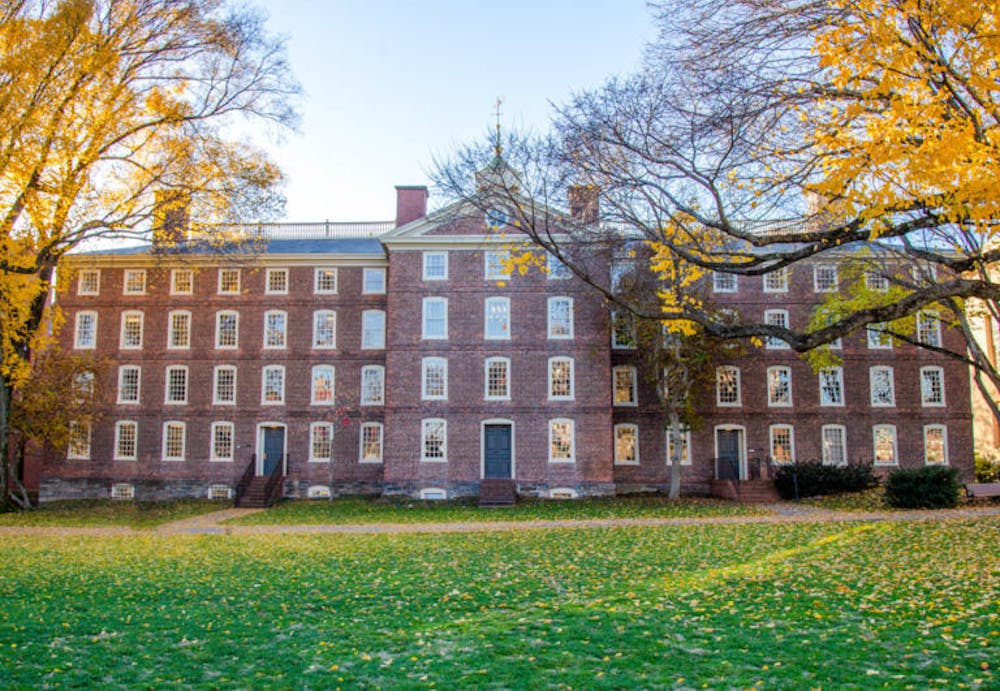Students will no longer have access to free drug testing on campus after the University canceled a service formerly offered by Students for Sensible Drug Policy.
The University stopped the group’s drug testing program Sept. 20, after suspending the service last Spring Weekend — the annual weekend-long campus concert that tends to be the busiest for the group, said President of SSDP Jackson Kealey ’21.
SSDP appealed the decision last spring, but the University has notified group leaders that their drug testing practices are in violation of the Code of Student Conduct, as well as federal and state laws regarding unauthorized drug possession, according to Director of News and Editorial Development Brian Clark. The University’s Chief Risk Office reviewed the appeal with representatives of Student Activities Office, the Office of the General Counsel, Environmental Health and Safety and the Department of Public Safety.
Prior to the suspension, SSDP offered free and anonymous drug testing to University students which helped identify substances and verify their exact composition. SSDP does not collect statistics on participation in the program in order to protect student privacy, Kealey said.
Kealey acknowledged that drug use alone is never without risk, but said that the drug testing program made experiences safer for students. “It’s a lot better for people to know what they are putting in their body (so) they can then do it more properly and they can know what to expect,” he said.
“Regardless of the student group’s positive intentions, it would be irresponsible for the University to authorize a program knowing fully that it would place students in the position of violating not only Brown policy, but also a range of federal and state laws regarding possession of illegal drugs,” Clark wrote in an email to The Herald.
SSDP initially appealed the suspension in the spring before being rejected in September. The group tried to address the University’s concerns in the appeal. For example, they proposed marketing changes to address the criticism that testing students’ drugs would suggest that there were no risks associated with the substances.
Kealey said SSDP has made an effort to be transparent with the University, pointing to their funding requests to the Undergraduate Finance Board as an example. “We definitely weren’t hiding what we were doing,” he said.
Muki Benkler ’17, a former leader of SSDP, urged the University to recognize the importance of the group’s drug safety testing. “Whenever you stigmatize drug use, you’re gonna drive people to use in less safe conditions,” he said. “So if the University is trying to push students to not be more open with each other, they’re gonna use in private, they’re not gonna feel comfortable going to the University for help.”
The group will continue to educate the University community on topics of substance use and harm reduction, in addition to continuing their lobbying efforts against policies that drive drug use and increase the prison population in the larger Rhode Island community, Kealey said.





